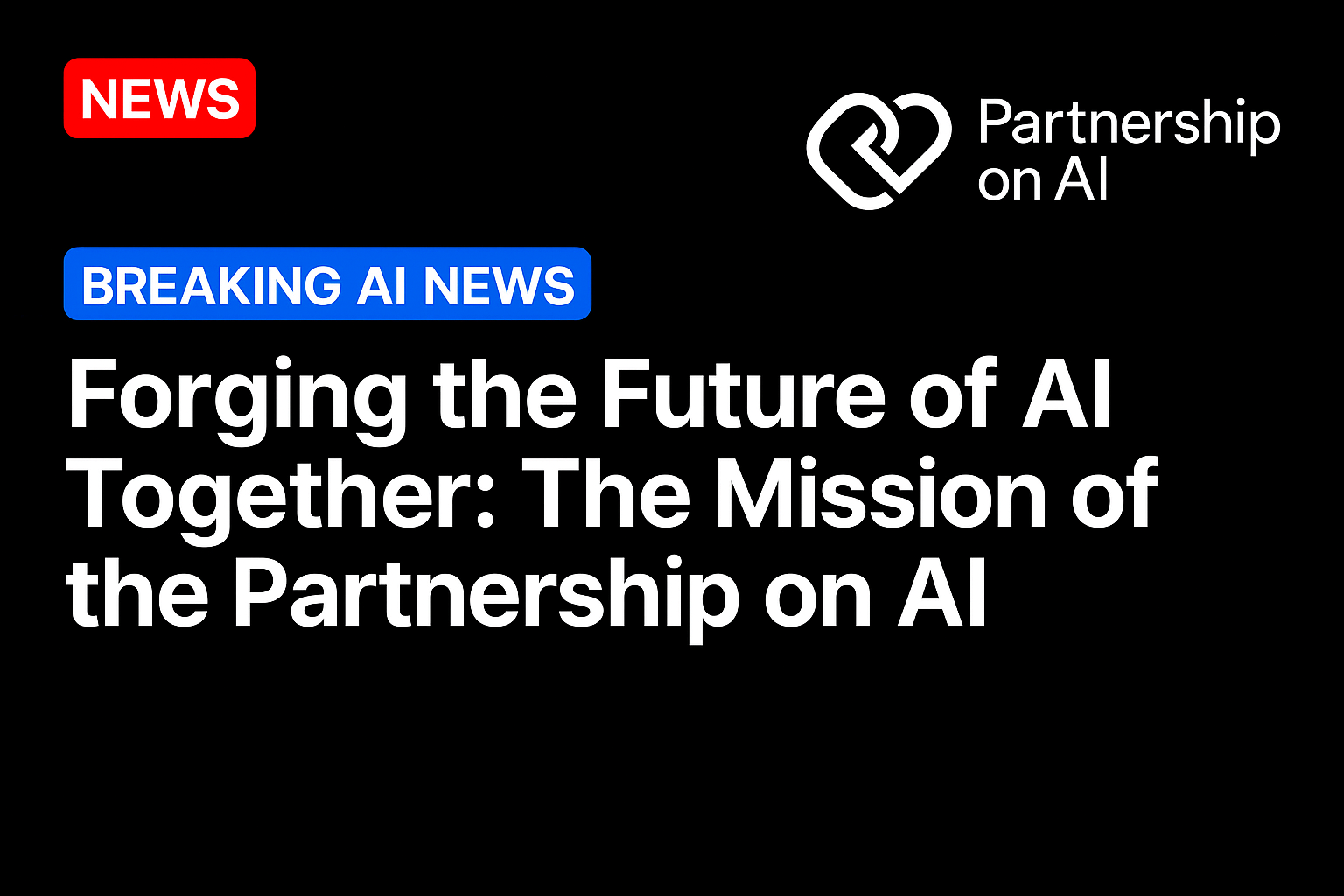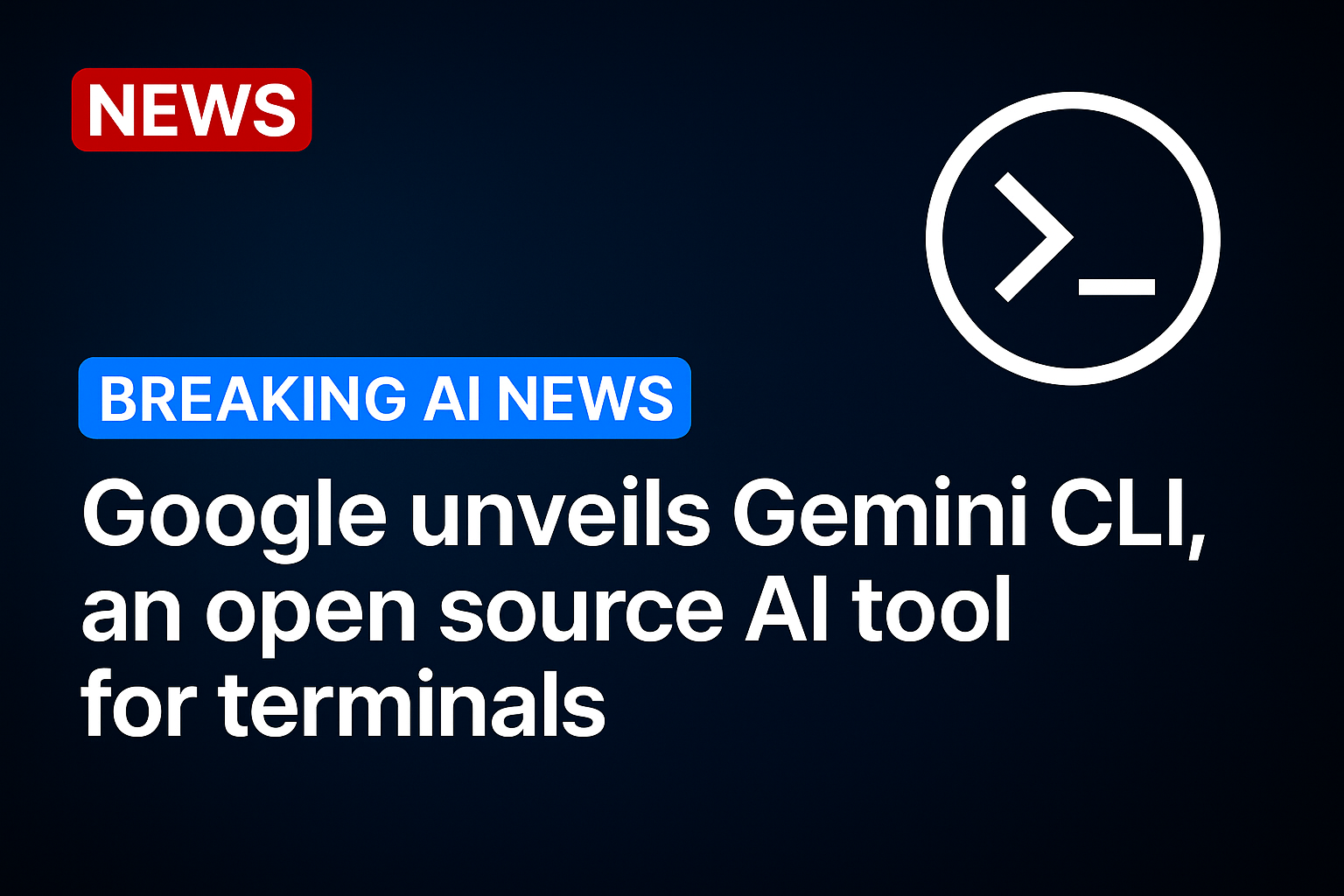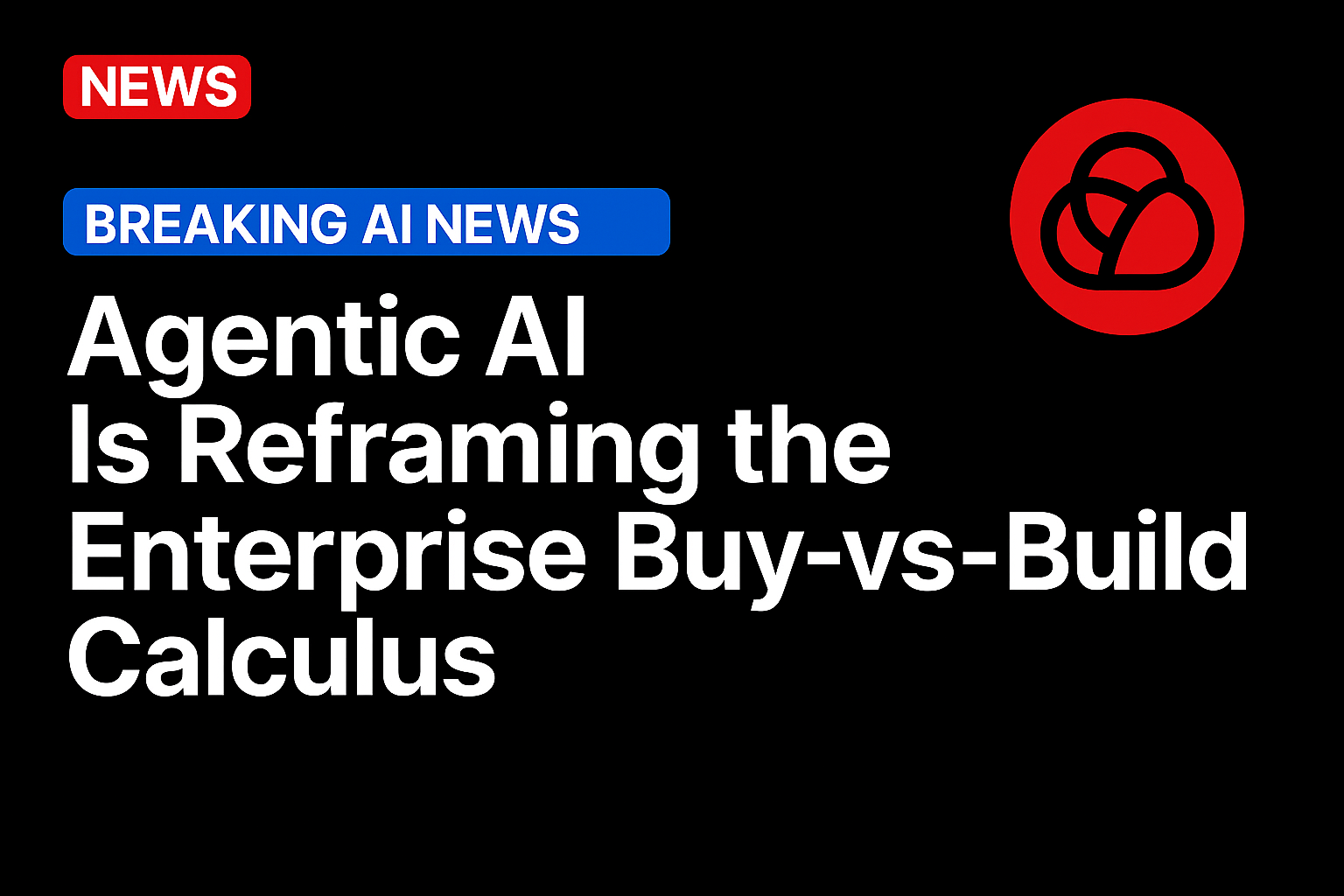Artificial intelligence has rapidly evolved into a transformative force across industries and societies. Yet with this power comes responsibility — to ensure that AI technologies are developed and deployed in ways that are ethical, fair, and beneficial to all. Enter the Partnership on AI (PAI): a pioneering nonprofit initiative dedicated to advancing these ideals through global collaboration.
A Multi-Stakeholder Mission
The Partnership on AI is not just another industry consortium. Founded as a multi-stakeholder nonprofit, PAI brings together a diverse community of stakeholders, including:
- Academics and researchers, providing rigorous analysis and evidence-based insight.
- Civil society organizations, representing the voices and rights of vulnerable and underrepresented communities.
- Industry leaders, contributing real-world expertise and the resources to implement change.
- Practitioners and policymakers, translating research into actionable strategies.
This broad coalition reflects a fundamental belief: the challenges posed by AI cannot be solved in silos. Only through open dialogue and shared purpose can society chart a path toward responsible AI.
Advancing Research, Policy, and Best Practices
PAI’s work is grounded in three interrelated areas of focus:
🔍 Research
PAI funds and produces cutting-edge research on the societal impacts of AI. Topics range from algorithmic fairness and bias mitigation to the transparency and interpretability of machine learning models. These efforts inform both public understanding and policy development.
📋 Best Practices
To help organizations build better AI systems, PAI develops guidelines and frameworks on issues like explainability, human-AI collaboration, and responsible data usage. These best practices serve as blueprints for ethical innovation, helping companies avoid pitfalls while delivering societal value.
🏛️ Policy Recommendations
PAI actively engages with governments and international bodies, providing evidence-based recommendations that shape regulatory and legislative agendas. Their input helps ensure that emerging laws reflect the complexities of modern AI technology and its real-world consequences.
Key Areas of Impact
Among the critical domains where PAI has made significant contributions are:
- AI Fairness: Promoting systems that are free from discriminatory bias and respect the dignity of all individuals.
- Labor and Workforce: Assessing how automation and AI affect workers and proposing equitable transition strategies.
- Societal Well-being: Ensuring that AI enhances, rather than diminishes, collective human flourishing.
Why Partnerships Matter
What sets PAI apart is its commitment to inclusivity and transparency. By bringing unlikely allies together — from tech giants to grassroots advocacy groups — PAI fosters trust and mutual understanding in an often-polarized AI landscape.
In a world where technology is evolving faster than regulation or public discourse can keep up, such partnerships are vital. They help align corporate incentives with societal values, ensuring that progress benefits everyone, not just a privileged few.
Looking Ahead
As AI continues to permeate every aspect of life, the work of organizations like the Partnership on AI will only grow in importance. Their efforts remind us that the future of technology is not preordained — it is shaped by the choices we make today. By fostering responsible innovation, PAI is helping to ensure that AI remains a tool for good.
For more information about their initiatives and how you can engage, visit partnershiponai.org.
By working together across boundaries, the Partnership on AI proves that we can build a future where technology serves humanity — responsibly, ethically, and equitably.





